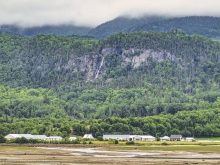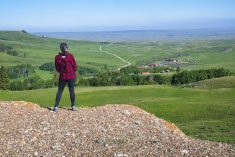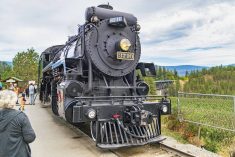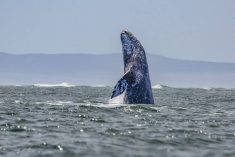While much of the travel industry has been devastated by the pandemic, camping has seen tremendous growth. Campgrounds are filled with everything from tents to truck campers, trailers, vans and motorhomes that can dwarf a city bus.
Each has its pros and cons.
Tents remain the classic option. They allow people to stay in places not otherwise accessible, such as idyllic lakeside sites on a canoe trip or mountain-top locations on backpacking outings. Wilderness campers worry less when campgrounds are booked up or crowded. Tenting also has advantages on road trips, with some campgrounds offering walk-in tent sites in prime spots.
One we like is Namekus Lake in Prince Albert National Park, where a few sites are situated right on the beach.
Tents are the most affordable way to camp. They range from cheap models best suited to fair-weather summer trips to pricier models built to withstand storms on Mount Everest.
Even if you buy a better model, plus all the equipment that goes with it, the cost is still less than other options. No special vehicle is needed and many campgrounds charge less for tenting sites than for RV sites.
In our experience, don’t skimp on the quality of your mattress because it can make or break your tenting enjoyment. Air mattresses have improved significantly in recent years, so research the choices carefully.
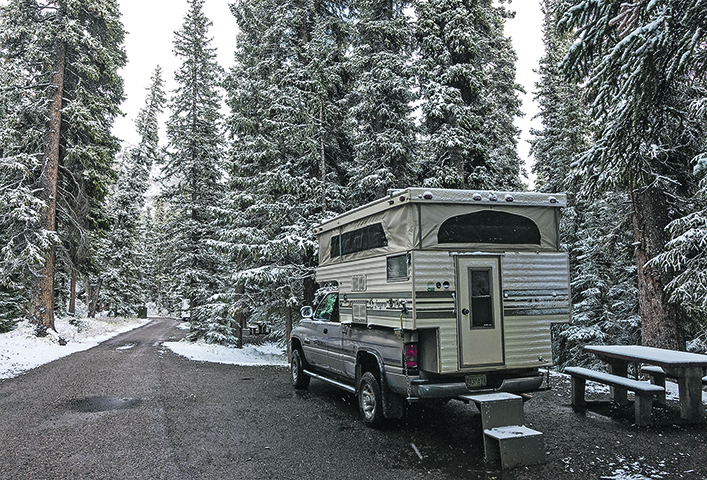
Tenting has its cons, such as finding a lump-free level spot, fewer amenities and coping with bad weather. Setting up or taking down a tent in the rain isn’t a lot of fun.
We divide our camping trips between tenting and using our truck camper, depending on where we’re going and the time of year.
When you already have a truck for other uses, a camper becomes a practical choice. It offers conveniences such as a stove, fridge, heater and electrical connections, but with less expense than a motorhome, van, or large trailer.
We’re sold on pop-up campers, which are similar to normal truck campers except the roof folds down to just above the truck cab. It doesn’t catch the wind as much, resulting in better stability and fuel economy.
It takes only a couple of minutes to crank up the top and have the same headroom as a full-size camper. Another bonus is that we can still travel anywhere we could go in our unloaded truck, making it ideal for exploring off the beaten path.
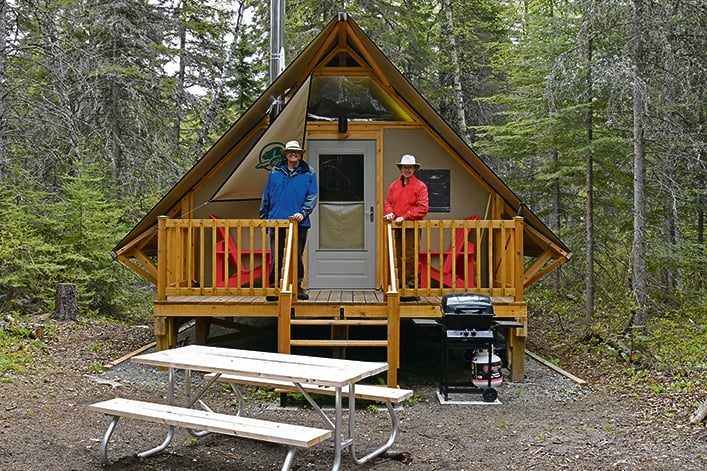
It’s hard to find pop-up campers. Despite their advantages, they aren’t plentiful. Used ones in good shape are quickly snapped up.
Roof-top tents for trucks or SUVs are beginning to catch on. They are quick to set up and fold to a compact size. No need to worry about finding a level, rock-free spot for your tent.
However, it can be a nuisance to climb a ladder to go in and out, and they are pricier than a regular tent.
Trailers are popular, especially for longer stays in one spot where you can unhook your tow vehicle and travel around to see the sights. There are now more compact, lightweight trailers that are well-equipped but can be towed by smaller, fuel-efficient vehicles.
A travel van or motorhome provides the ultimate in convenience — something used only for travel. The main drawback is cost, with another vehicle to license, insure and maintain, plus the big units won’t bypass many gas stations.
A large RV is less practical for exploring minor backroads and some parks restrict large RVs or trailers from certain roads.
A growing trend is “glamping,” a term derived from glamorous camping. It usually refers to something already set up in a campground with more amenities than a regular tent.
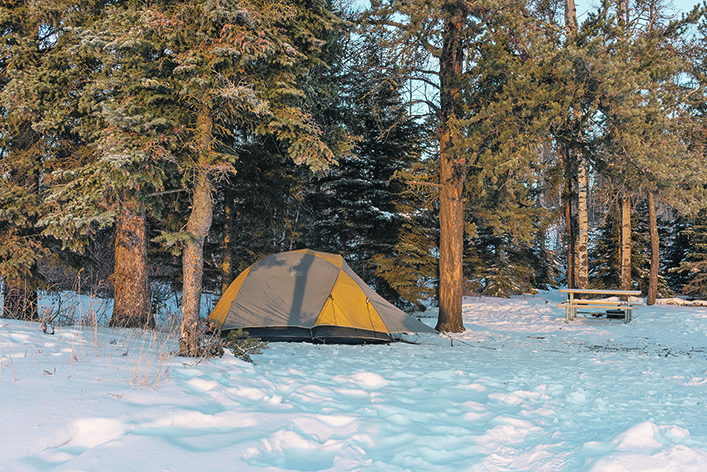
Most familiar are the oTENTiks in national parks. A cross between a frame tent and a small cabin, they can sleep up to six and come with mattresses, table and chairs, electricity and sometimes a heater and gas barbecue.
Many provincial parks and private campgrounds have added similar choices. These provide an attractive alternative for those who like more comfort, want to camp only occasionally, or don’t have their own gear.
The best choice depends on your circumstances, budget, and how and where you like to travel. A single person or couple will likely have different needs than a large family. Fortunately, we have more camping options today than ever before.
Arlene and Robin Karpan are well-travelled writers based in Saskatoon. Contact: travel@producer.com.




